In this black and white photo taken in the early 20th century, dozens of scientists in elegant suits are sitting in front of an ancient Gothic building.
This was no ordinary meeting - it was one of the most important scientific conferences in human history, bringing together the greatest minds of 20th-century physics.
Among those solemn faces were Albert Einstein with his characteristic silver hair, Werner Heisenberg, Erwin Schrödinger, Max Planck and many other scientists - who together built one of the most revolutionary scientific theories: Quantum Mechanics.
The 1927 Solvay Conference brought together the world's leading scientists at that time (Photo: Wiki).
This year marks 100 years since the official birth of Quantum Mechanics. The United Nations has designated 2025 as the International Year of Quantum Science and Technology, to celebrate a century of this scientific revolution and continue to explore its potential in the next century.
This is also an opportunity for us to look back at the extraordinary journey of a theory that has completely changed the way people understand the universe and created applications in life today.
The Origin of a Revolution
In the summer of 1925, Werner Heisenberg, a young German physicist, traveled to the North Sea island of Heligoland to escape a severe case of pollen allergies he was suffering from.
It was in this isolated place that he contemplated writing a revolutionary paper “on the reinterpretation of kinematic and mechanical relations in terms of quantum theory.” However, what he did not expect was that, after its publication, the paper would open a new era in physics.
Scientists had already realized that Newton's classical physics could not explain many phenomena at the atomic level.
The genius physicist Albert Einstein contributed to the development of physics - quantum mechanics (Photo: PBS).
Max Planck discovered that energy is absorbed and emitted in discrete “packets” called quanta. Einstein used this idea to explain the photoelectric effect. But it was Heisenberg and his colleagues who built a complete theoretical system of a new branch of physics – quantum mechanics.
What is special is that quantum mechanics is not simply a new theory that replaces the old one. It requires us to abandon our intuitive notions of reality.
In the quantum world, particles can exist in multiple states at the same time (called quantum superposition), can influence each other instantly even when millions of miles apart (quantum entanglement), and we cannot know both the position and momentum of a particle at the same time (according to the Heisenberg Uncertainty Principle).
From theory to widespread application
Many people think of quantum mechanics as just complicated mathematical formulas in the laboratory. But in fact, it has penetrated every corner of modern life.
Most of the electronic devices we use every day operate on quantum principles. The smartphone in your pocket contains billions of transistors – devices invented based on an understanding of the quantum mechanics of semiconductors.
Without quantum mechanics, we would have no computers, no Internet, no GPS... Or Laser - another important invention based on quantum principles - is widely used from barcode readers in supermarkets, CD/DVD readers, to eye surgeries and data transmission via fiber optic cables...
Magnetic resonance imaging (MRI) machines operate based on the principle of nuclear magnetic resonance - a quantum phenomenon (Photo: ST).
Modern medicine also benefits greatly from quantum mechanics. Magnetic resonance imaging (MRI) machines operate on the principle of nuclear magnetic resonance - a quantum phenomenon.
Radiation cancer treatments are also based on an understanding of the quantum physics of atomic nuclei.
Even something as seemingly far-fetched as cosmology requires quantum mechanics. We understand why stars shine, how they create heavy elements, and how they eventually die—all thanks to quantum mechanics.
It explains why solid matter does not collapse, why metals conduct electricity, and countless other phenomena in nature.
The “hidden figures” of history
When we look back at the historical portrait of quantum physicists, we often only recognize famous names like Einstein, Heisenberg or Schrödinger. But the story of the development of this field includes many other forgotten figures, especially women.
Lucy Mensing was one such woman. She worked in the same group as Heisenberg and calculated some of the first applications of his theory of quantum mechanics.
There are many other important female scientists who have not been given the recognition they deserve in history. In 2025, a biographical book about 16 women in the history of quantum physics will be published, helping to shed light on these forgotten contributions.
Quantum computer researched and developed by China (Photo: The Quantum Insider).
This reminds us that science is not the work of lone geniuses, but the collective efforts of many. Every discovery builds on countless previous works, and the success of quantum mechanics is the result of international collaboration that cuts across political and cultural barriers.
The Second Quantum Revolution
If the 20th century witnessed the birth and development of quantum mechanics as a scientific theory, the 21st century is ushering in the era of the “second quantum revolution”.
That's when humans begin to directly exploit the strange properties of quantum mechanics to create entirely new technologies.
Quantum computers are one of the most anticipated technologies. Unlike traditional computers that use bits that can only be in the state of 0 or 1, quantum computers use qubits that can be in both states at the same time thanks to the principle of “quantum superposition”.
This allows quantum computers to perform many calculations in parallel, potentially solving problems that would take traditional computers millions of years to calculate in days or even hours.
Quantum computers also promise to revolutionize many fields. In medicine, they can accurately simulate complex molecular structures, helping to develop new drugs more quickly and effectively.
In materials science, quantum computers can design new materials with unique properties. In finance, they can optimize portfolios and analyze risk at unprecedented levels.
Japan is one of the leading countries in quantum technology research (Photo: DigWatch).
Quantum sensing is another promising application area, using quantum effects, these sensors are extremely sensitive, able to measure the smallest changes in magnetic fields, gravity or time.
They can be used in medicine for early detection of diseases, in geology for resource exploration, or for precise positioning without GPS.
Quantum communication, especially quantum cryptography, provides a method of transmitting information that is absolutely secure. Based on the principles of quantum mechanics, any attempt to eavesdrop will alter the quantum state and be detected immediately.
Several countries have already started building quantum communication networks and in the future, the quantum internet could become a reality.
Challenges and opportunities for Vietnam
As the second quantum revolution is underway, Vietnam needs a strategy to avoid being left behind. Investing in research and education on quantum science has become urgent.
We need to train new generations of scientists and engineers who understand quantum technologies, and build the appropriate research infrastructure.
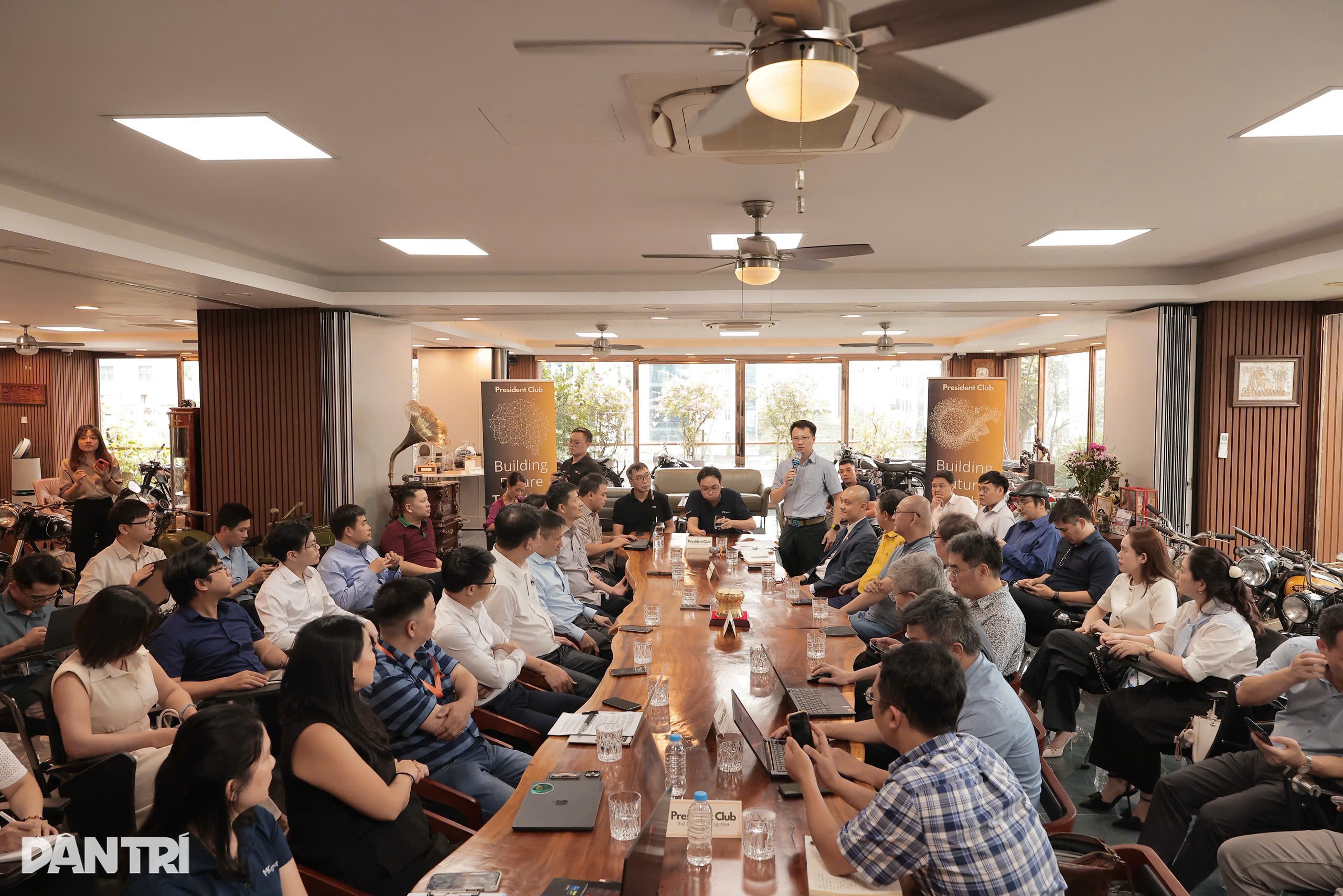
In Vietnam, many experts and scientists are working together to research quantum technology (Photo: President Club).
International cooperation is also important. As history has shown, scientific breakthroughs often come from cross-border collaboration. Vietnam needs to actively participate in international research projects on quantum technology, learning from the experiences of advanced countries.
At the same time, we also need to popularize knowledge of quantum mechanics to the public. Many people still consider this field too complex and distant, but as we have seen, it affects every aspect of modern life.
A basic understanding of quantum mechanics will help people appreciate the importance of new technologies and make informed decisions about the future.
Looking to the future
When we look back at photographs of the pioneers of quantum physics, we see not only people who changed the way humanity understands the universe, but also the spirit of science – a passion for inquiry, a willingness to challenge old ideas, and to collaborate across boundaries.
That spirit is still essential to reaching the heights of science in the 21st century.
This year is not only a time to celebrate 100 years of quantum mechanics, but also a time to look ahead.
With the development of quantum technology, we are on the threshold of unprecedented new possibilities. Quantum computers could help solve humanity's greatest challenges - from climate change to developing drugs to cure incurable diseases.
Quantum sensing could open up new ways to explore the universe and understand ourselves. Quantum communications could create a more secure and private connected world.
Quantum mechanics has shown that reality is much more complex and magical than we ever imagined. So perhaps the biggest lesson from 100 years of quantum mechanics is: Always be prepared to be surprised, always be curious, and never stop exploring.
Source: https://dantri.com.vn/khoa-hoc/100-nam-co-hoc-luong-tu-nhung-con-nguoi-thay-doi-the-gioi-20250626124351568.htm


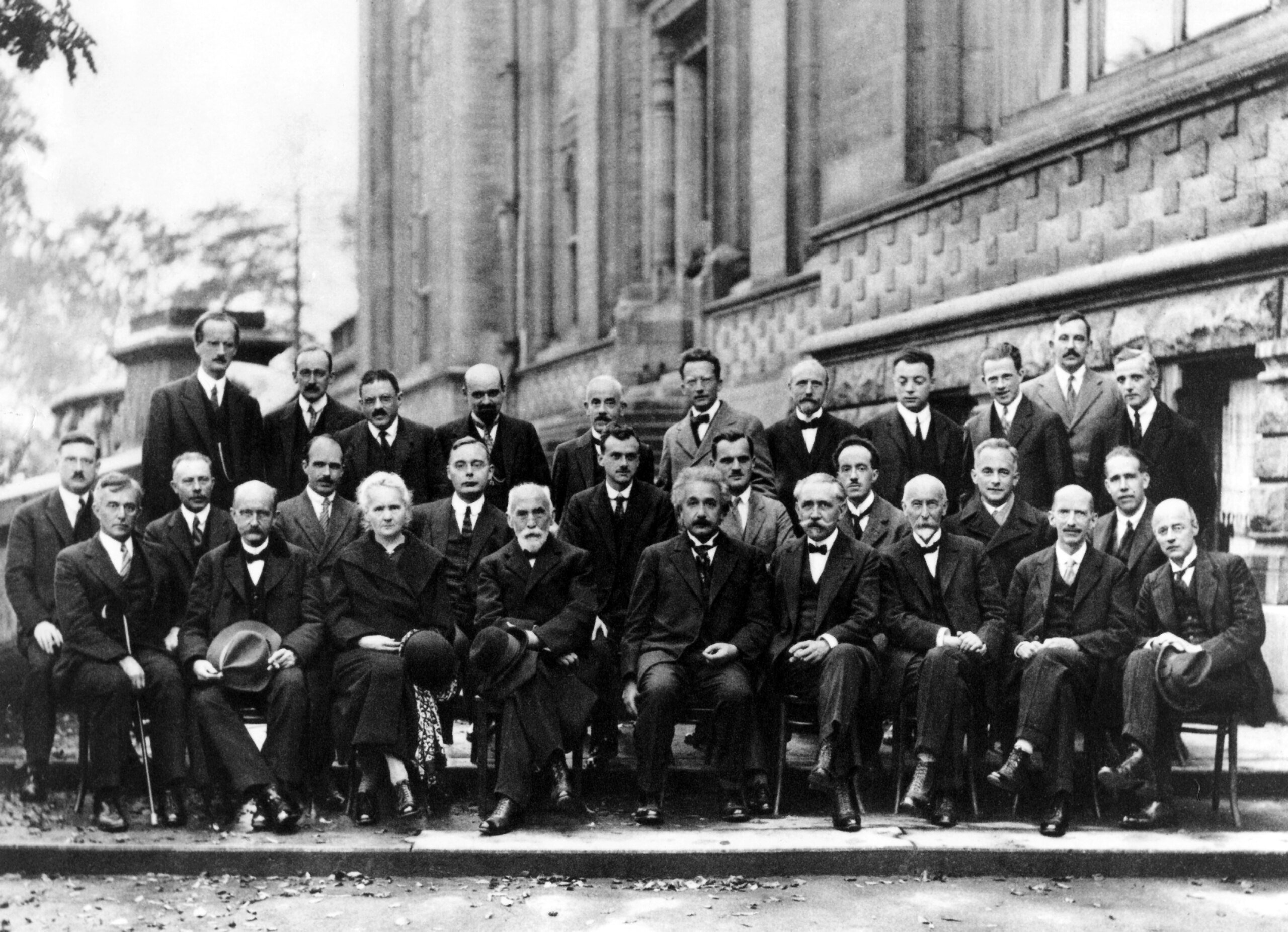
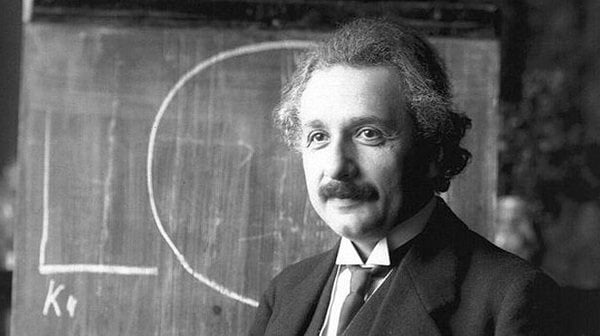
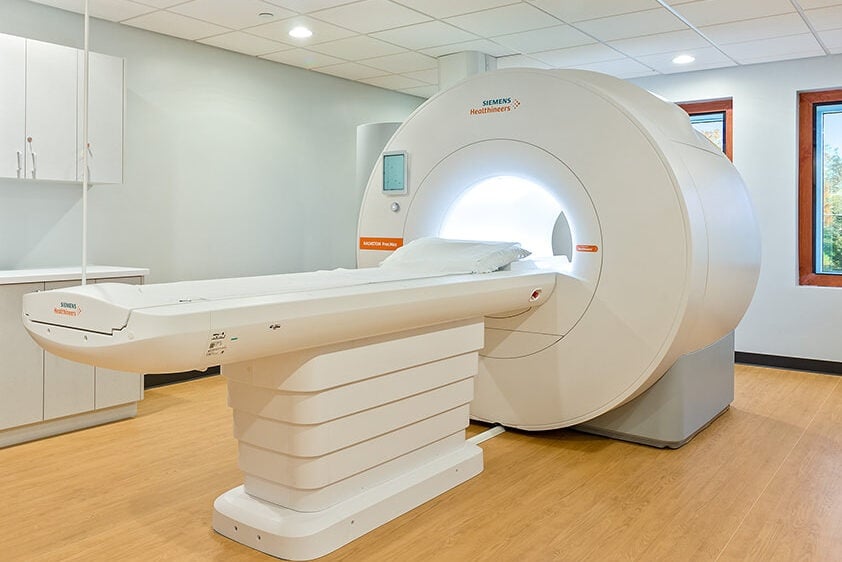
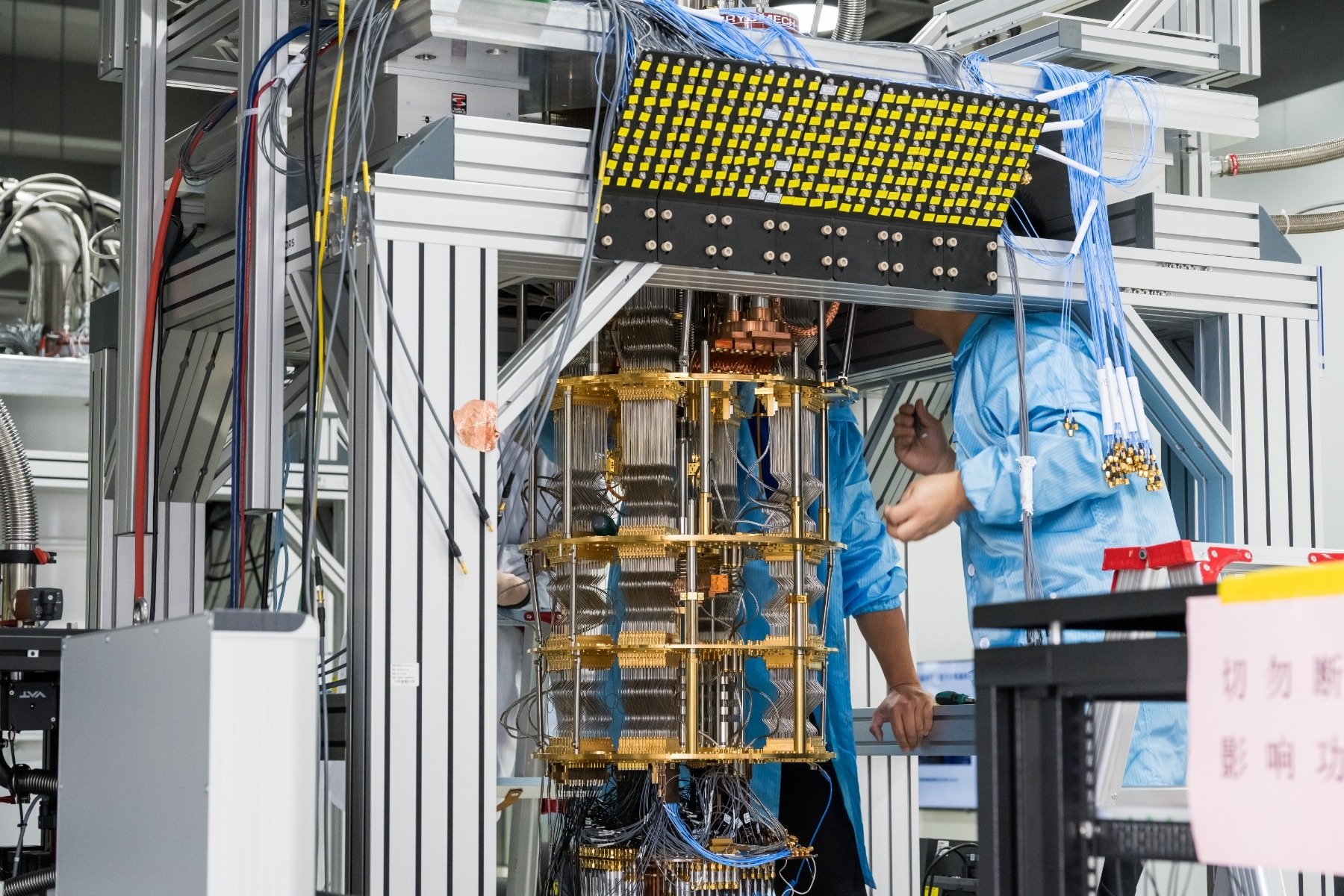





![[Photo] Discover unique experiences at the first World Cultural Festival](https://vphoto.vietnam.vn/thumb/1200x675/vietnam/resource/IMAGE/2025/10/11/1760198064937_le-hoi-van-hoa-4199-3623-jpg.webp)






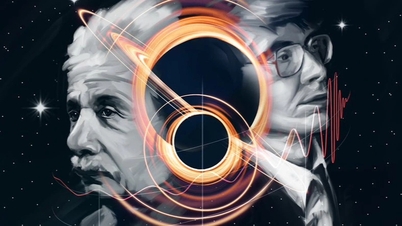
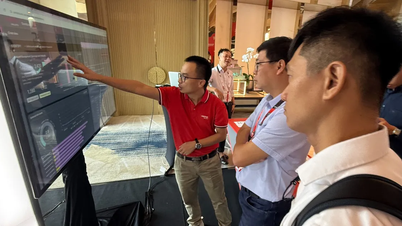

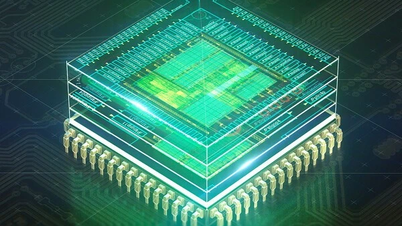
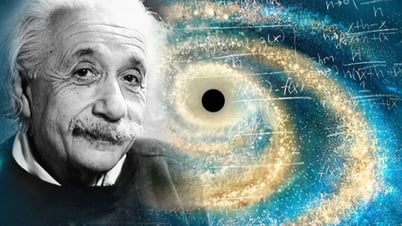

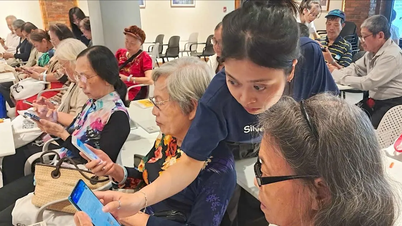











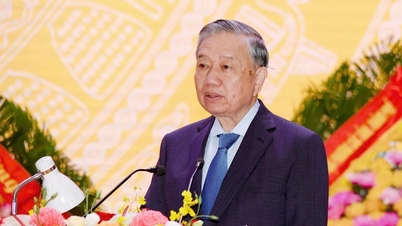




![[Photo] General Secretary attends the parade to celebrate the 80th anniversary of the founding of the Korean Workers' Party](https://vphoto.vietnam.vn/thumb/1200x675/vietnam/resource/IMAGE/2025/10/11/1760150039564_vna-potal-tong-bi-thu-du-le-duyet-binh-ky-niem-80-nam-thanh-lap-dang-lao-dong-trieu-tien-8331994-jpg.webp)




























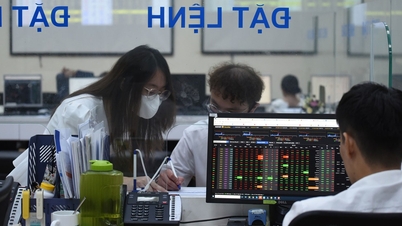



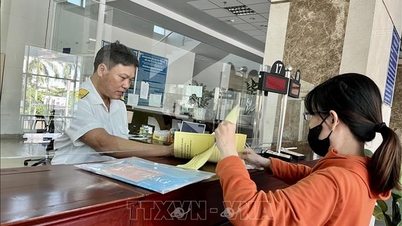

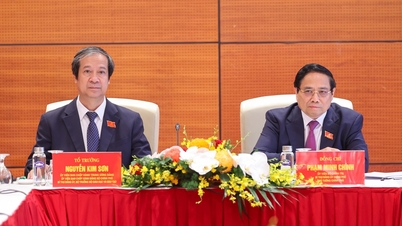




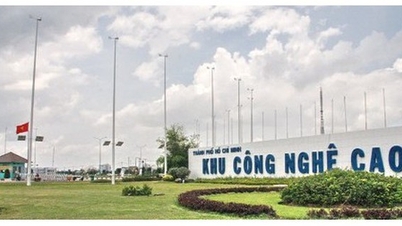

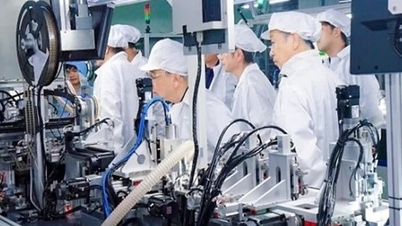










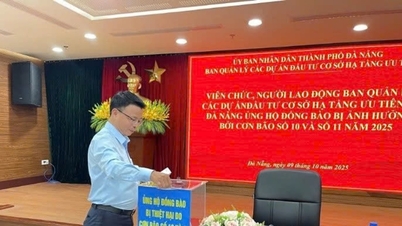















Comment (0)